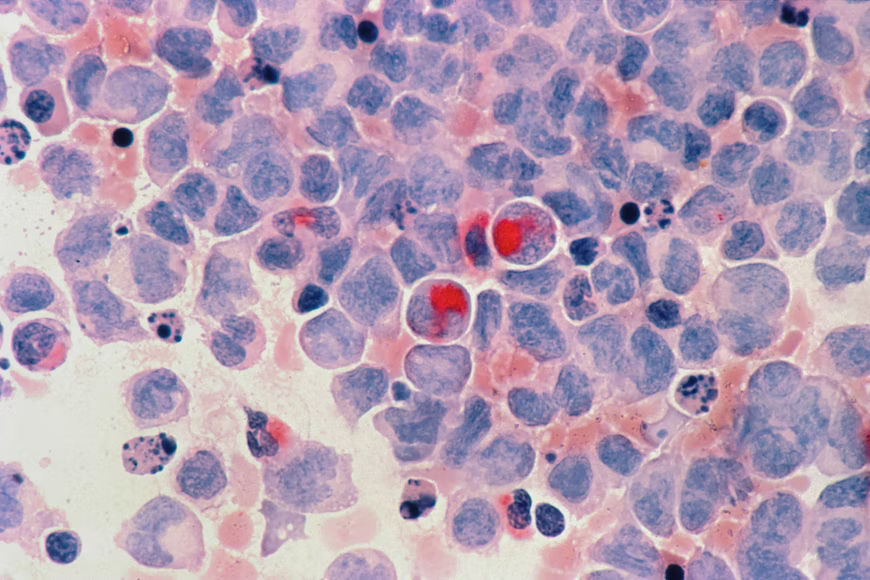Chicago White Sox closer Liam Hendriks announced Sunday that he has been diagnosed with Non-Hodgkin’s lymphoma.
“Hearing the word “cancer” came as a shock to my wife and I, as it does to millions of families each year. However, I am resolved to embrace the fight and overcome this new challenge with the same determination I have used when facing other obstacles in my life,” the 33-year-old wrote on his social media account.
“… I am confident that I will make a full recovery and be back on the mound as soon as possible,” Hendriks wrote on Instagram. “I know with the support of my wife, my family, my teammates and the Chicago White Sox organization, along with the treatment and care from my doctors, I will get through this.”
Also Read | White Sox closer Liam Hendriks diagnosed with Non-Hodgkin’s lymphoma: ‘I will get through this’
What is Non-Hodgkin’s lymphoma?
Non-Hodgkin’s lymphoma, a type of cancer, begins in the lymphatic system, which is part of the body’s germ-fighting immune system.
If a person is suffering from non-Hodgkin’s lymphoma, then their white blood cells called lymphocytes grow abnormally. It can form growths (tumors) throughout the body.
Non-Hodgkin’s lymphoma is a general category of lymphoma, according to the Mayo Clinic. Lymphomas can start anywhere in the body where lymph tissue is found.
Major sites affected:
Major sites of lymph tissue include lymph nodes, spleen, bone marrow, thymus, tonsils and adenoids, and digestive tract.
Types of NHL can also be grouped based on how fast they grow and spread. The most common types in adults are: diffuse large B-cell lymphoma and follicular lymphoma.
Signs and symptoms of non-Hodgkin’s lymphoma:
- Swollen lymph nodes in your neck, armpits or groin
- Abdominal pain or swelling
- Chest pain, coughing or trouble breathing
- Persistent fatigue
- Fever
- Night sweats
- Unexplained weight loss
Survival rates:
The survival for people with NHL depend on various factors, including the age of the patient, overall health, the type of NHL, how soon the NHL is discovered and how the cancer responds to treatment.







